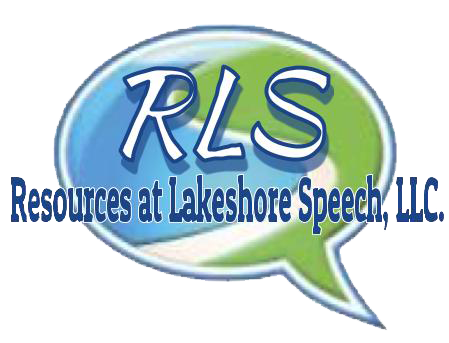Friday night lights! High school traditions! Go Team!
Fall is the time of year to grab your favorite sweatshirt and enjoy an evening of high school football. “Enjoy” – that’s the difficult part especially for some. The many sounds and smells as well as the number of people all in one place can cause loved ones with integration issues difficulty in large crowds. There are a number of proactive steps families can take to help loved ones adjust to these situations.
Paint a picture of what the individual will experience during their time at the game. For example:
- We are going to park the car in the parking lot (or, in some instances, the – field, street, etc.)
- We will walk to the gate or entrance of the field.
- We will have to stand in line to get our tickets.
- Note: if available, please consider purchasing tickets ahead of time. Less time anxiously waiting, the better.
- There will be a lot of people around us; you will hear them talking and shouting.
- We will walk to our seats
- We will walk up or down the stadium steps
- Note: if the stadium steps are open (meaning you can see the ground below) you may want to consider sitting in an area closer to the ground or where the steps are solid.
- We will sit in our seats
- Note: if the individual is sensitive to pressure – consider bringing a blanket or stadium chair to decrease the sensation of the ‘hard’ stadium bleachers.
- Etcetera
- Don’t forget to include what will be
- heard (band, horns, cheering, etc.)
- seen
- smelled
- Don’t forget to include what will be
Carry an ‘important tools’ bag. This bag should contain items that calm the individual, items that may distract attention from an unpleasant sensation and items that will help to diminish non-preferred sensations. The bag may include noise canceling headphones, headphones and a music source,ear plugs, fidget toys, extra blankets, weighted blankets, etc.
Plan your arrival and departure around preferred events. If the individual loves watching the marching band, but is bothered by all the whistles during the game, arrive at the game 15-25 minutes late. If the individual does not appreciate the marching band, make arrangements for an activity or get special permission to leave and re-enter the the stadium during halftime. If the individual does or does not like the mascot, plan your seats in the location accordingly.
Give your loved one a voice during the game. Pre-record a cheer or a special message on a voice recorded switch. No need to get too high tech, this is a high energy exciting time, it’s more important to get the message out! If a device is not an option, make a sign that shares the message or use a horn or bell for the individual to be part of the roaring crowd. If you need more information or ideas, please do not hesitate to ask any speech therapist at Lakeshore Speech.
Friday night lights shine brighter when everyone is involved. Go Team!
Yours in Speech,
Lakeshore Speech Therapy, LLC.





